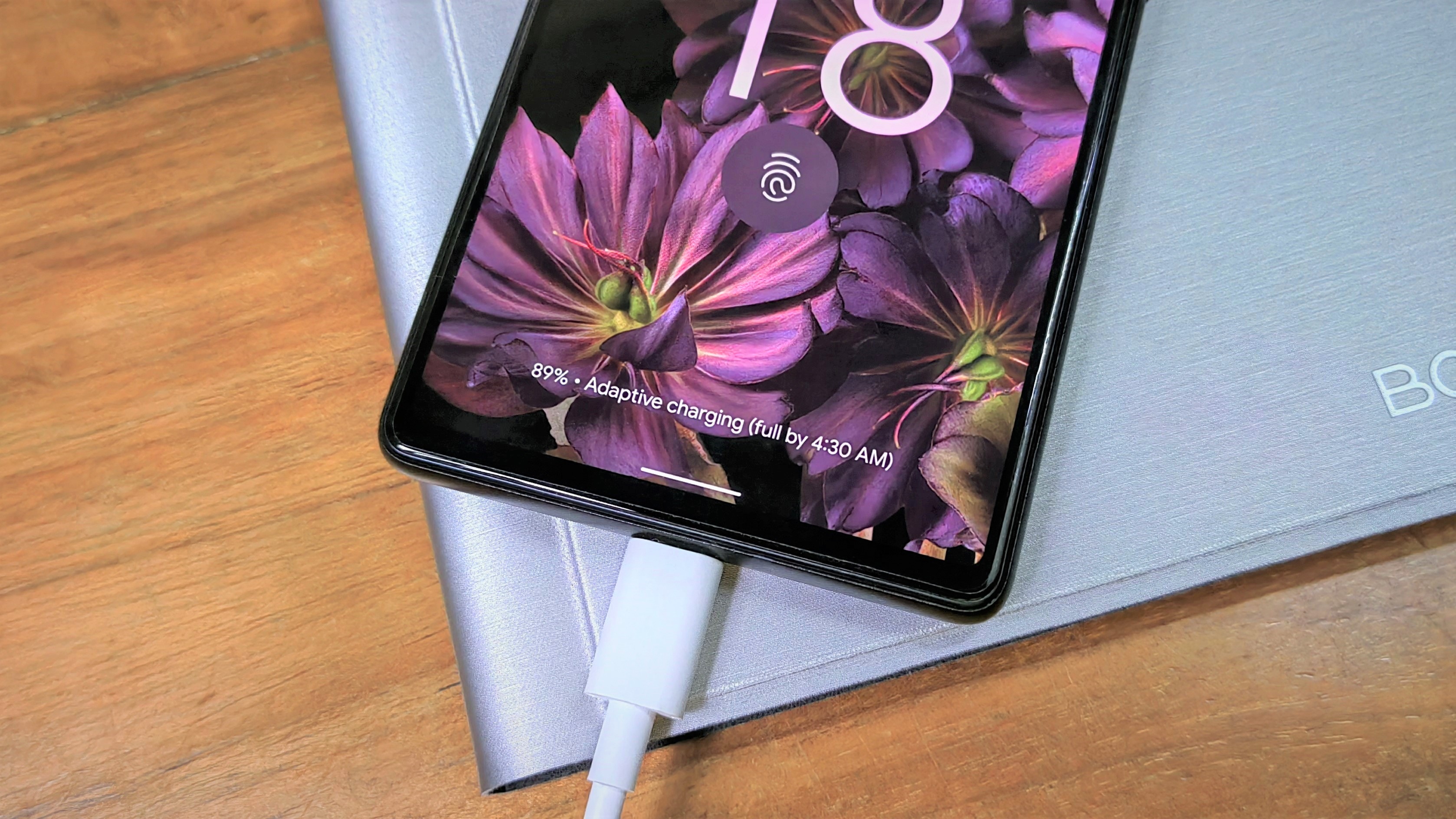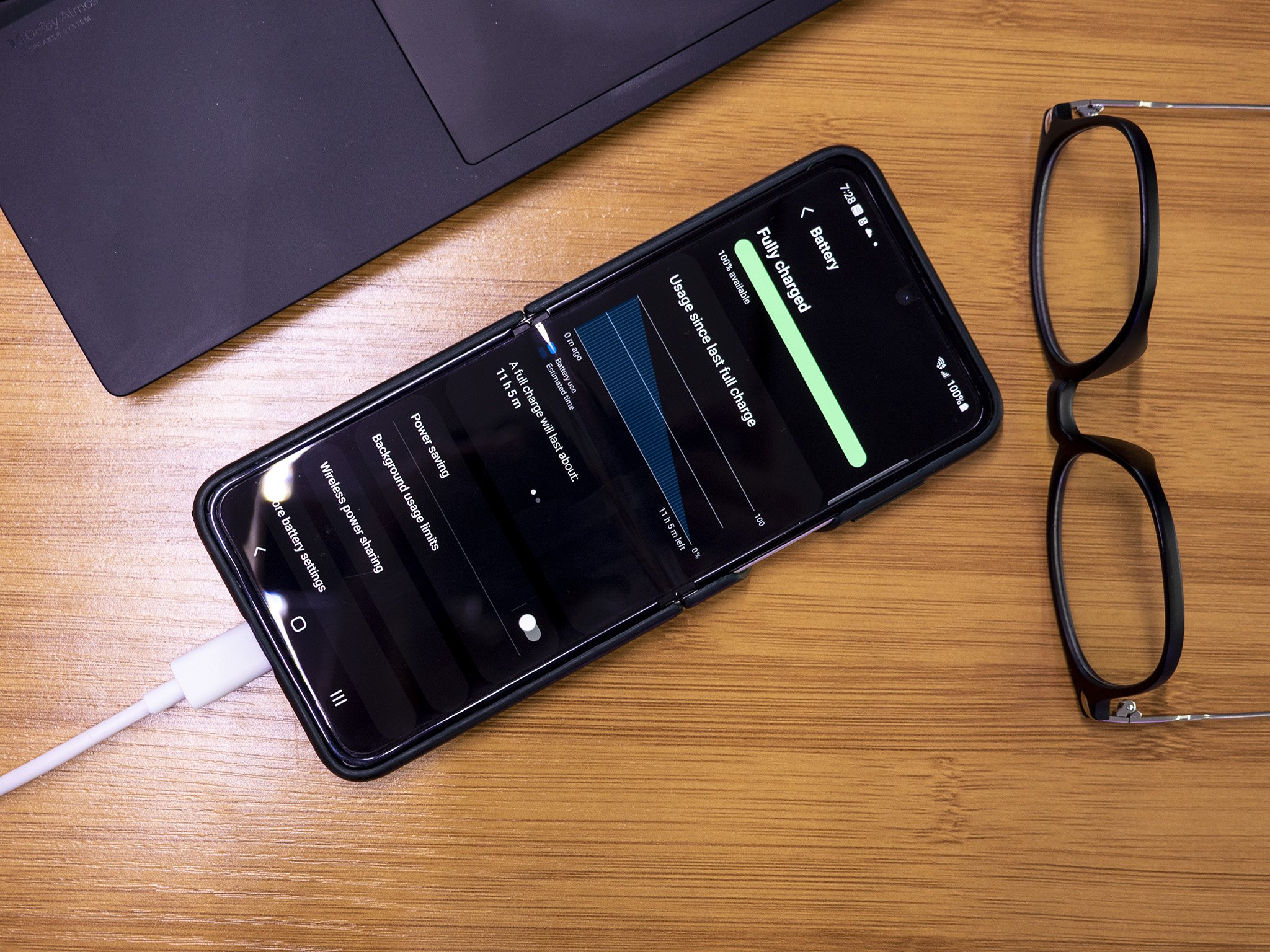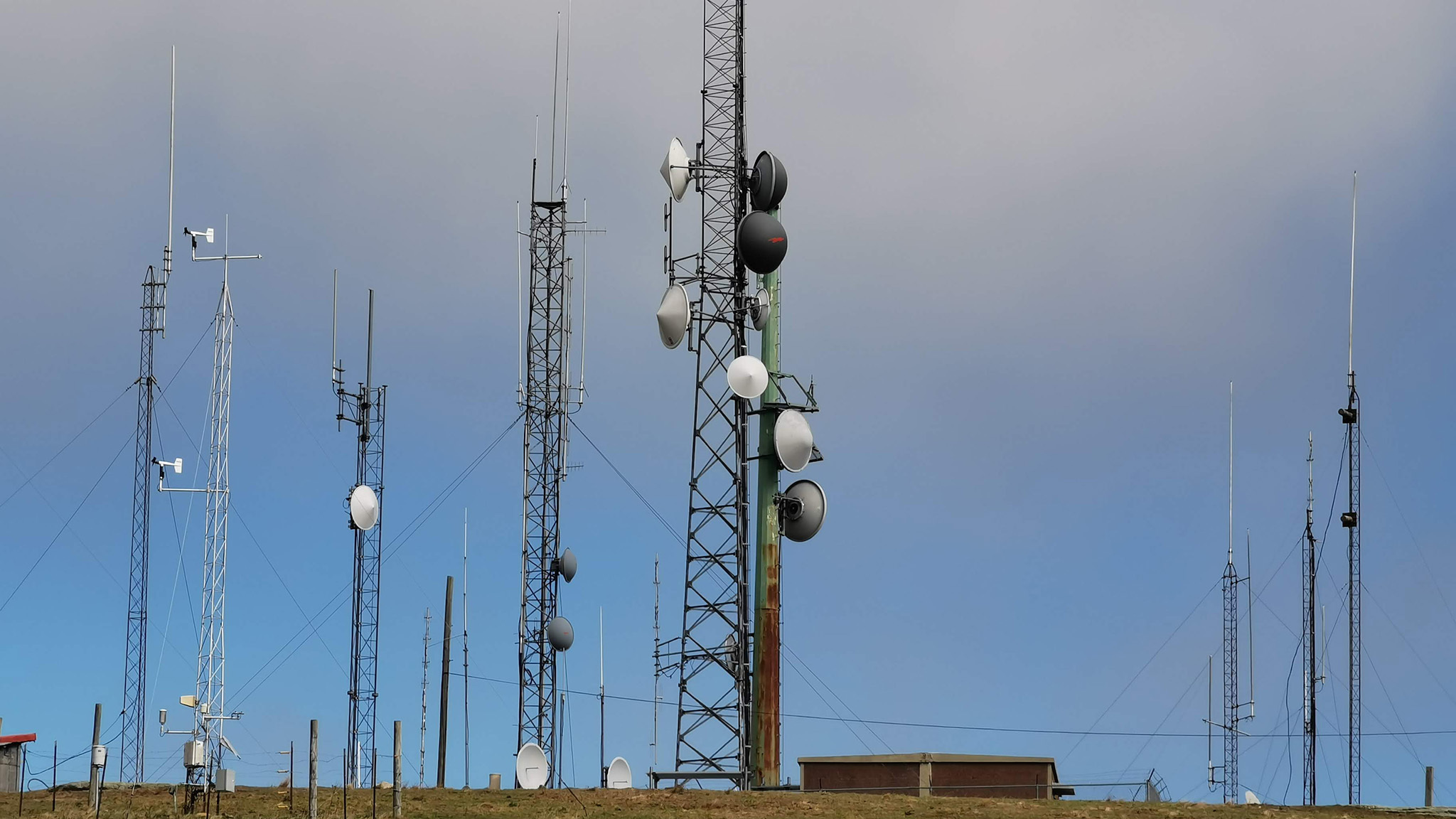EU votes in favor of making USB-C a requirement, and all eyes are on the iPhone
You'll always have a charger when someone asks.

What you need to know
- The European Parliament voted in favor of a policy to make USB-C the common charging port amongst devices.
- This would go into effect for smartphones by the end of 2024, with this law expanding to cover laptops by 2026.
- Parliament sees this new law as a way to help cut down spending for consumers and e-waste in the EU.
Parliament has voted to approve a new policy requiring all phones and tablets in the EU to use a USB-C charging port.
According to the European Parliament, the policy will require tech companies to produce devices for consumers with a USB-C charging port by the end of 2024, including all tablets, phones, and cameras sold within the EU Parliament says the policy will expand to laptops by 2026.
Parliament has also stated that new mobile devices that use a cable for charging speeds of up to 100W of power must come with a USB-C port. In addition, devices with the ability to fast charge will also charge at the same speed, signaling the end of misleading charging claims. Consumers can breathe easy knowing that if they have a USB-C cable, they'll be able to plug it into any of the best Android phones, tablets, or laptops when it needs a burst of energy.

With this, the EU hopes to rid consumers of the "lock-in" effect, in which you become dependent on a sole OEM's proprietary technology (looking at you, Apple).
The EU is also looking at this new law as a way to sharply reduce waste impacts on the environment and consumers. The European Parliament estimates that requiring all devices to contain a USB-C port would cut down on e-waste, which is currently estimated to be around 11,000 in Europe. The EU also estimates that this new law will assist its residents in saving approximately €250 million a year since they will no longer need to continuously find cables to fit their device's charging port.
Of course, all of our eyes are on Apple, which will also have to abide by this policy. As it stands, the iPhone currently uses a Lightning port which, in its basic definition, contributes to the "lock-in" effect Parliament references. Now that the policy is one step closer to becoming law, the recently released iPhone 14 and iPhone 14 Pro could be some of the last to have Apple's fabled Lightning port.
Consumers in the EU still have some time to wait before this goes into full effect, but it won't be too long before we're all on the same cord.
Be an expert in 5 minutes
Get the latest news from Android Central, your trusted companion in the world of Android

Nickolas is always excited about tech and getting his hands on it. Writing for him can vary from delivering the latest tech story to scribbling in his journal. When Nickolas isn't hitting a story, he's often grinding away at a game or chilling with a book in his hand.
